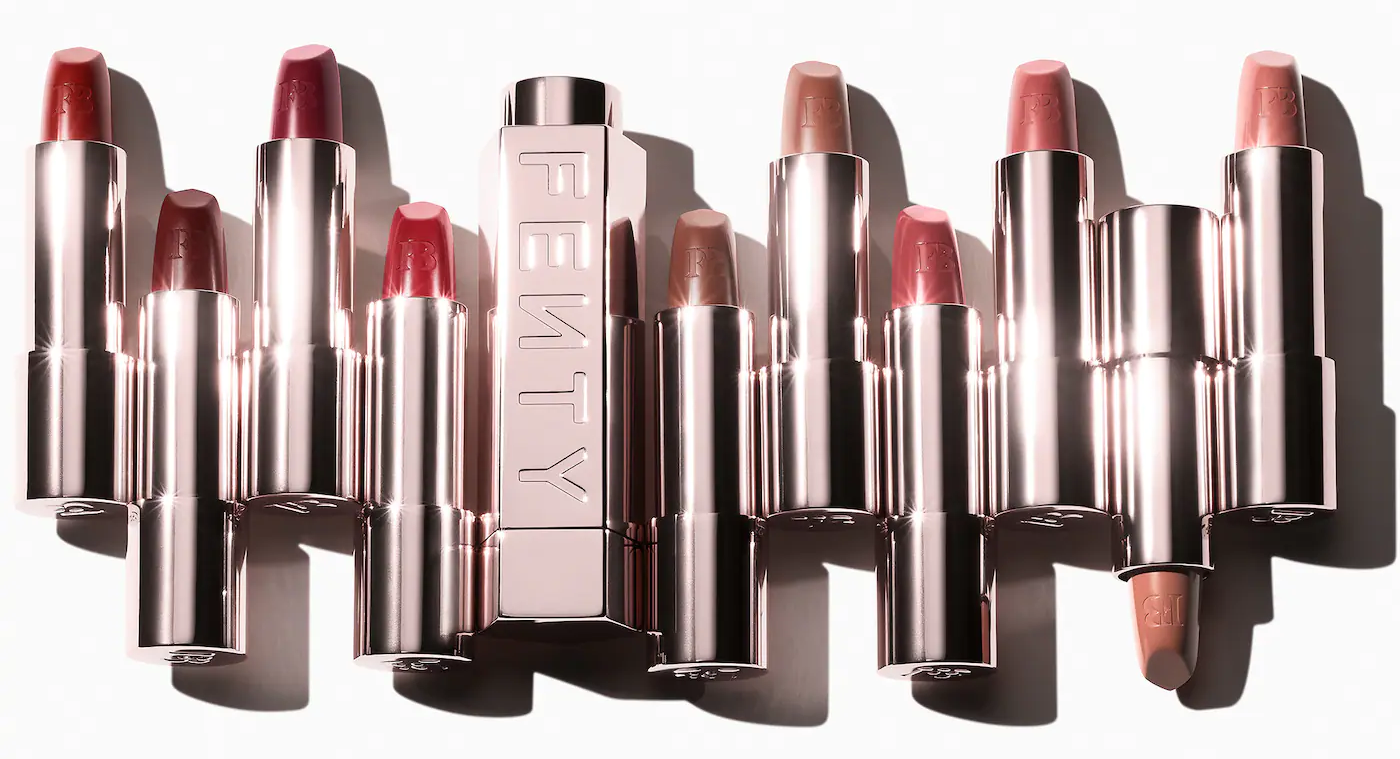How fashion brands and retailers are using podcasts
On March 10, fashion media brand Who What Wear will launch its latest podcast, “Who What Wear with Hillary Kerr.” It will explore the worlds of fashion and beauty through the lens of designers, stylists, executives and experts in both industries. Kerr, co-founder and chief content officer of Who What Wear, said she wants the podcast to be an audio extension of the Who What Wear site, with audio stories linking to text stories on the site and vice verse.
The podcast is launching in partnership with Walmart, which will sponsor the podcast and run ads alongside it. In particular, Walmart is using the podcast to promote its new private label brand Free Assembly.
Walmart has been increasing its investment in podcasts. It is currently testing a partnership with Spotify for the men’s audience, and it launched a podcast last year called “Outside the Box” featuring thought leaders in retail. Walmart’s sponsorship of Who What Wear is its first audio investment specifically focused on fashion, but the company said it has high hopes for podcasts’ ability to drive growth in that category.
Walmart is one of a few brands that have leaned on a podcast to promote the launch of a brand or product. Compared to video campaigns, podcasts are cheaper to make, can see unique engagement and are more easily made remotely while obeying social distancing rules. According to some estimates, they can be made for under $10,000 per year, while a single campaign photo shoot could cost up to $35,000.
“We were eager to include high-fashion credibility podcasts in our strategy as a new tactic to reach potential customers and introduce them to our new brand,” said Farah Maloof, director of strategic partnerships and business development at Walmart. She was referring to the company’s new in-house basics brand, Free Assembly, which debuted in September of 2020 and will be a focus of advertising on the podcast. “Who What Wear has been a proven, top-performing partner [through its affiliate commerce section] for us, to help us drive new customer acquisition for Walmart Fashion.”
Podcasts can have a tangible impact on a business’ sales. Kerr said that affiliate sales driven by Who What Wear to fashion brands increased 80% during the pandemic. Kerr’s other Who What Wear podcast, “Second Life,” focused on women executives who’ve made a career pivot in their lives, has had more than 11 million downloads in three years.
“Podcasts are such an intimate experience that you really connect with the story,” Kerr said. “I can’t tell you how many people DM me about episodes. For one I did with Aurora James, [designer of fashion brand Brother Vellies,] for example, they’ll say they signed up for her brand’s subscription service after they listened. Or they listened to our episode with Eva Chen and then went out and bought her book. People become evangelists for things when they connect to the story.”
But there are other ways fashion companies are using podcasts to promote launches.
On Monday, luxury brand Moncler will launch the Moncler Genius podcast. The first episode, hosted by the director of London’s Serpentine Galleries, Hans Ulrich Obrist, will feature designer Jonathan Anderson talking about his upcoming collaboration with Moncler and the influences behind it. A representative for the brand said that, while Moncler is debuting multiple campaigns supporting the new collection, the Spotify-published podcast is the centerpiece and is being promoted through the brand’s social channels.
As it’s produced by Moncler, the podcast puts the brand front and center, and will lean into the opportunity to explore the brand’s messaging, the Moncler rep said. It’s a common tactic among luxury brands, seen in The Gucci Podcast and Dior Talks, for example. Retailers, meanwhile, typically do a better job of fitting the podcast mold, putting interesting content first and product and branding in the background. Now-defunct Barneys Podcast, for example, recorded profiles and interviews with fashion insiders, like the people behind Diet Prada, without tying those episodes to Barneys collections or launches. While Net-a-Porter’s “Pieces of Me” podcast profiles various women in fashion.
But brands need to be weary of podcasts that are too brand-focused, which risk tipping over into an extended advertisement rather than being interesting content that can stand on its own, said Neil Saunders, managing director of retail at consultancy GlobalData. While most podcasts do not publicly list their download numbers, there’s some evidence that the less product-focused podcasts like Net-a-Porter’s are more engaging. For example, The Gucci Podcast, which has been running continuously since 2018, has only 77 ratings on Apple Podcasts and Dior Talks has only 21. Meanwhile, the Barneys Podcast, which ran from 2018 to 2019, has more than 250 ratings.
“Good podcasts aren’t just another form of advertising designed to sell products. They’re about telling a brand story and creating deeper connections and affinity with consumers,” he said. “This is especially so with younger shoppers. If a podcast is blatant marketing or PR puffery, consumers will see right through it. However, if it reveals something of a brand’s DNA or it’s heritage, or showcases interesting people, then it has a much better chance of resonating.”
Podcast listening is up significantly during the pandemic, as consumers have more uninterrupted listening time while at home. Last year, Spotify said podcast consumption had doubled in the first six months of the pandemic.
According to Statista, nearly every age bracket of consumer is listening to podcasts more in 2021 than in 2020, with listening by Gen Z and millennials increasing the most: 31% of Gen Z and 26% of millennials are listening to more podcasts than before. Some of the growth in podcasts could potentially be swallowed up by the rise of Clubhouse, according to Nicholas Quah at Vulture, though it’s just as likely that Clubhouse’s popularity will increase affinity toward audio content and help podcasts grow even more.
“Unlike Instagram Live or just posting on social media, podcasts typically aren’t so self-serving,” said Claude Zdanow, founder and CEO of Stadiumred Group. “On the contrary, podcasts are typically built around thought leadership and, as such, a fashion or retail brand would really need to think about how they would create thought leadership content that helps their brand by association. The podcast should be about a topic that would interest people and not just the brand itself.”





